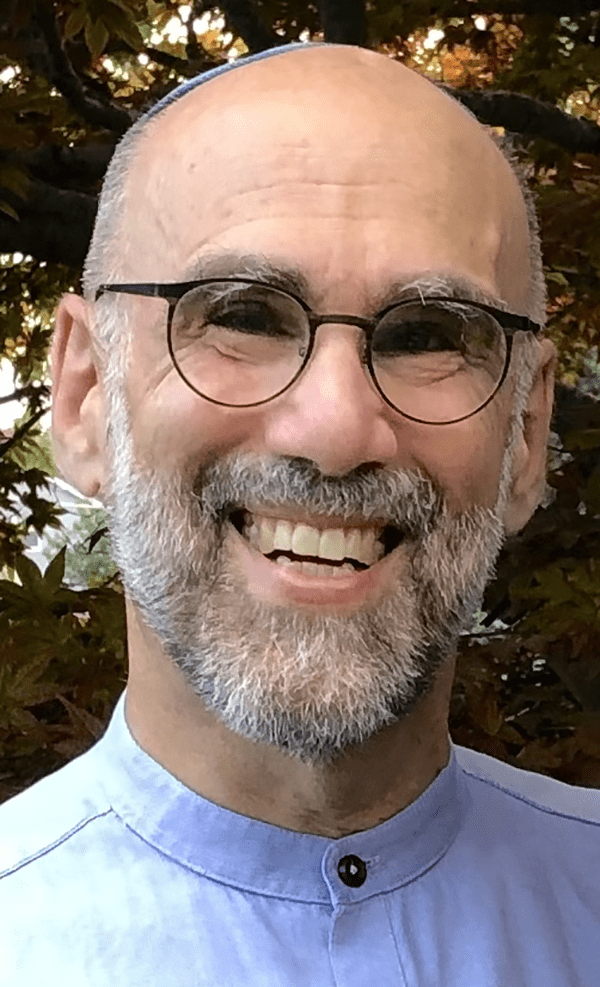Makin’ Matza!
My recent posts...
Selling Chametz
Even if you don’t keep a kosher kitchen, and/or you don’t “convert” your kitchen for Pesach, there is still spiritual value in selling your chametz: You are engaging with myriad Jews worldwide in a practice that can be traced back to Torah and, if you include a donations to “ma’ot chitin,” you are enabling those in need to more fully celebrate Pesach.
A Few Things About Pesach (With lots of links)
There is a wealth of information about Pesach (and the challenges of this year) at Exploring Judaism.org.
Omer 5785
My recent posts...
Planting Seeds at Camp
I liked the everyday, the classes (!), Shabbat — with Israeli dancing on the tennis courts after dinner, special events like a camp-wide “immigration to pre-state Israel” game, dance and song festivals…even Tish’a b’Av.
Tish’a b’Av is the ninth (tish’a) day of the summer month of Av. In the northern hemisphere, it can fall on the hottest day of the year, perhaps fitting for a commemoration of the burning and destruction of the First and Second Temples in Jerusalem (587 BCE and 70 CE respectively) and associated with other historic tragedies, including, for some, the Shoah.
Tish’a b’Av is a 25-hour fast (like Yom Kippur but without the tradition of a festive break-fast). It is a day of quiet contemplation, somber prayer and relevant reading — perfect for camp, right?! Except for a few things: First-time campers and new staff, particularly those not familiar with the full Jewish calendar, had no idea what it was about; 25 hours was a long time to maintain an appropriately respectful mood in a camp setting; and there was no swimming or sports.
I don’t remember much about how we spent the day. There were services, learning sessions of various types, food was available for the younger campers (and anyone else who couldn’t or shouldn’t complete the fast), staff kept an eye on the summer heat and campers’ hydration.
Despite the challenges, we made it through the day, but it was the evening before that made Tish’a b’Av so affecting and memorable.
Tradition has us praying with chant rather than song, hearing Torah and haftara texts that are compatible with the day, reading the biblical book Lamentations / Eicha by candlelight while sitting on the floor or on low benches in the beit am gadol, a large indoor space.
On that floor, in the near-dark, I felt immersed in the aura of Tish’a b’Av. I empathized with the excruciating pain expressed in Eicha, I felt the intent of the mournful songs. The mood created by the dim lighting, soft melodies, communal calm and quiet touched me at age 12…and at 21.
Many have opined that, with the return to Zion and the establishment of modern Israel, we don’t “need” Tish’a b’Av any more. I disagree. We may or should consider changing some of our heritage liturgical texts to celebrate this miracle of rebirth, but we may not set aside the millennia of yearning, the many depredations of diaspora, or the cataclysmic events we can ill afford to repeat.
And we must appreciate the power of Jewish summer camp to plant seeds or nurture shoots, leading to committed individuals, connected families and flourishing communities.
Shabbat shalom ! שבת שלום


